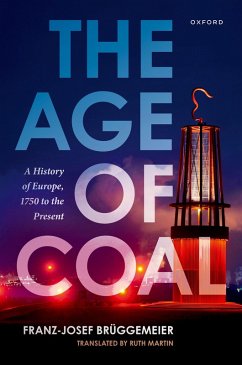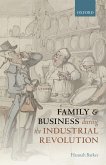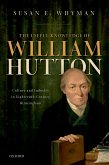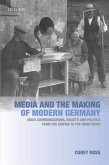In Europe, coal was by far the most important source of energy from the beginning of industrialisation until well after the Second World War. It was indispensable in shaping the modern world, and in altering our understanding of time and space. Used foundationally in organic chemistry, coal helped to create the multitude of colours, medicines, and man-made products which still shape our daily lives. Without coal, the First and Second World Wars would have looked very different, and in the peace conferences after both wars, the control of this resource was of central importance. At its height, coal mining in Europe employed almost two and a half million people, mostly men, who had often migrated over vast distances to find work in this booming industry, despite the difficulties and dangers. As a result of the capitalist model of the industry, mining saw significant labour organization and strikes. The use of coal, however, created environmental problems. During and after industrialisation, the demand for energy multiplied, and coal was the only resource that could satisfy this increasing demand, despite the high levels of CO2 emission. In contemporary society, world-wide attempts are being made to reduce these emissions, but while in Europe, coal mining and use has declined, world-wide its production and consumption have reached new heights. Even in Europe, coal's major legacy persists: society's dependence on vast amounts of easily available, transportable, and affordable energy. Franz-Josef Br?ggemeier uses modern Europe's reliance on coal to tell a wide-ranging story of how energy can shape a society.
Dieser Download kann aus rechtlichen Gründen nur mit Rechnungsadresse in A, B, BG, CY, CZ, D, DK, EW, E, FIN, F, GR, HR, H, IRL, I, LT, L, LR, M, NL, PL, P, R, S, SLO, SK ausgeliefert werden.









